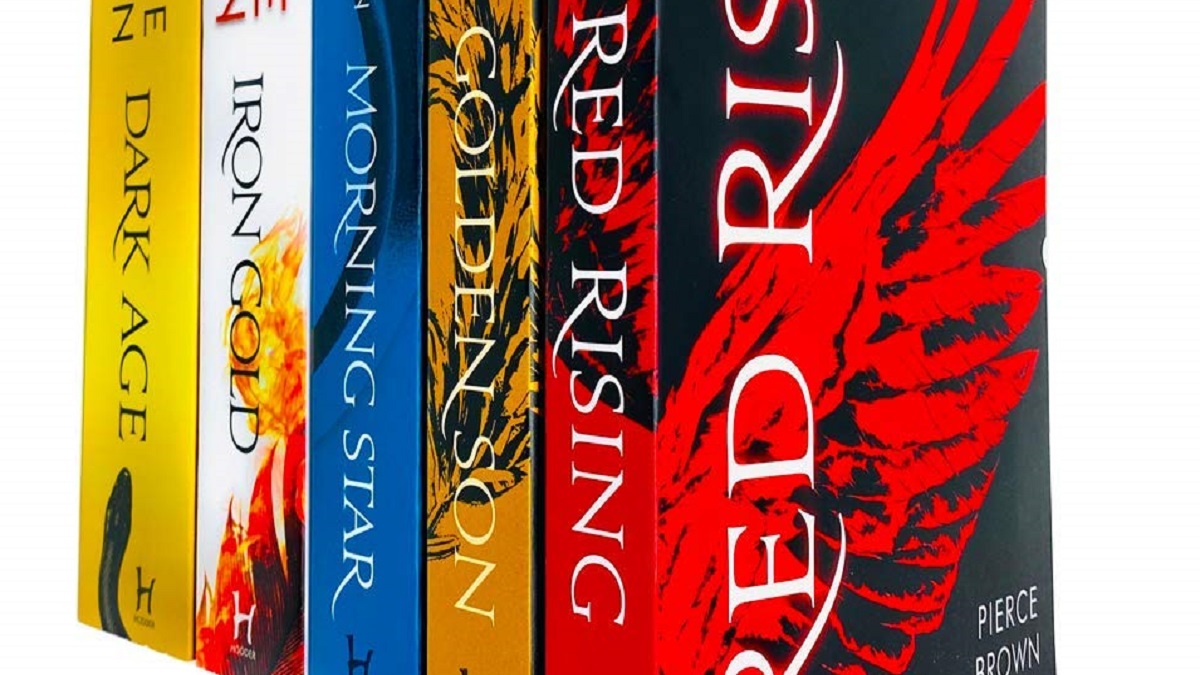Pierce Brown’s Red Rising stole my heart, held it up, and whispered through a smile, “See this? This is mine, now.” Don’t let the “Young Adult” label on its Goodreads page fool you; Red Rising is peak science fiction, an unflinching story of rebellion that unfolds against the backdrop of outer space.
We’re still waiting for the next installment of the Red Rising series to hit bookstore shelves, but that doesn’t mean fans of Pierce Brown’s epic sci-fi saga have to go hungry. The world of sci-literature is bustling with books that will let you relive that electric thrill you felt when you leafed through Red Rising‘s first chapter for the first time, and I’ve picked out ten of the best I’ve read.
10. Red Mars by Kim Stanley Robinson
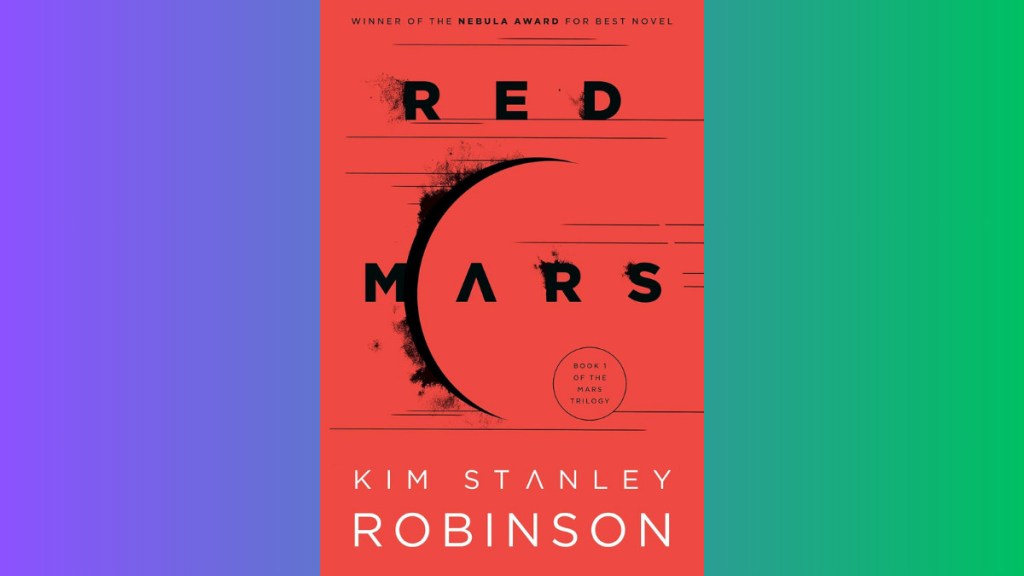
Let’s start with another book about the red planet and the plight of those who live on it. The ethical implications of terraforming have always fascinated me. I mean, what right do we as a species have to alter the topography and meteorology of another planet, anyway? That’s just one of the many fascinating questions raised by Kim Stanley Robinson’s Red Mars.
This book follows the tribulations of the first wave of Martian colonists as they struggle to create a sustainable civilization. Resource shortages, logistical issues, and a profound ideological divide over the morality of terraforming keep the tension high and character dynamics fluid from start to finish. Despite this, Robinson keeps hope alive by dropping plenty of wholesome moments of camaraderie and hopeful twists of fortune.
9. The Mars House by Natasha Pulley
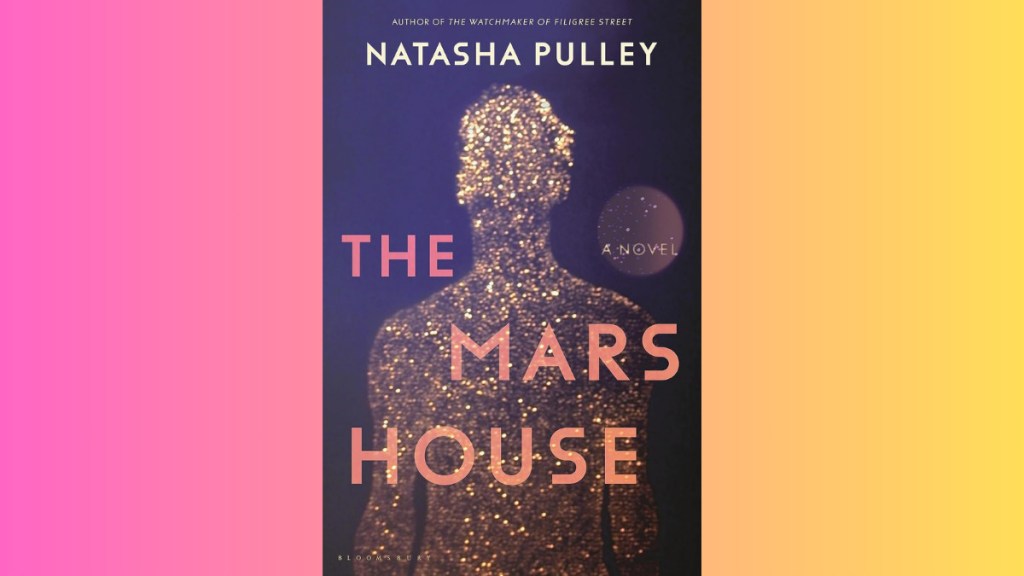
Many books explore humanity’s efforts to terraform Mars, but far fewer dare to dream of what a society on the red planet might look like. The Mars House by Natasha Pulley does precisely that. January, one of many Earth-born ex-pats ostracized by the citizens of Mars for their comparatively superior strength and size, agrees to wed Aubrey Gale, a cynical Martian senator, to save himself. As the political situation worsens on the Red Planet, January and Gale’s political marriage–and the genuine bond they form–-may be the only thing that can save the world they both call home.
The Mars House kicks around a few heavy subjects: the impact of climate change, the treatment of refugees, and the many ways ableism manifests itself in the modern world. No matter how grim things get, Pulley’s thoughtful, tender prose keeps the story from drifting too far into the darkness, pushing an inspiring, engaging message of the healing power of love and understanding that made me just a little optimistic about space travel. It also doubles as a charming romance novel.
8. Legend by Marie Lu
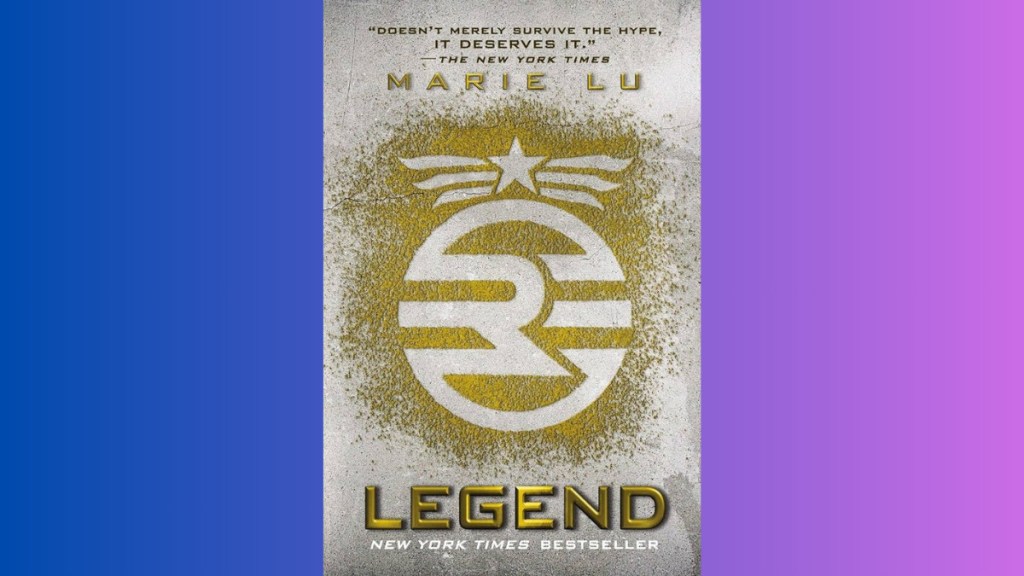
When I think of teen sci-fi, my mind almost always drifts into the passionate, ungovernable world of YA dystopia novels. This is my way of saying Legend by Marie Lu won’t be the only Y.A book on this list. June Iparis and Daniel “Day” Altan Wing exist on opposite ends of the stratified Republic of America; the daughter of a prominent military family and an impoverished revolutionary from the slums. As one would expect, paths cross, conspiracies are unmasked, and romance looms.
Legend’s narrative takes many of the same ques as Red Rising‘s, cataloging an oppressed underclass’s rebellion against a prejudicial system. Like Brown, Lu knows how to write a cast of characters you’ll feel compelled to root for and craft a system of power you want to see burned to the ground. Espionage, political intrigue, and bouts of cathartic violence keep the pace electric throughout, but Lu never lets her characters’ inner turmoil and growing relationships fall to the wayside, either.
7. Altered Carbon by Richard K. Morgan
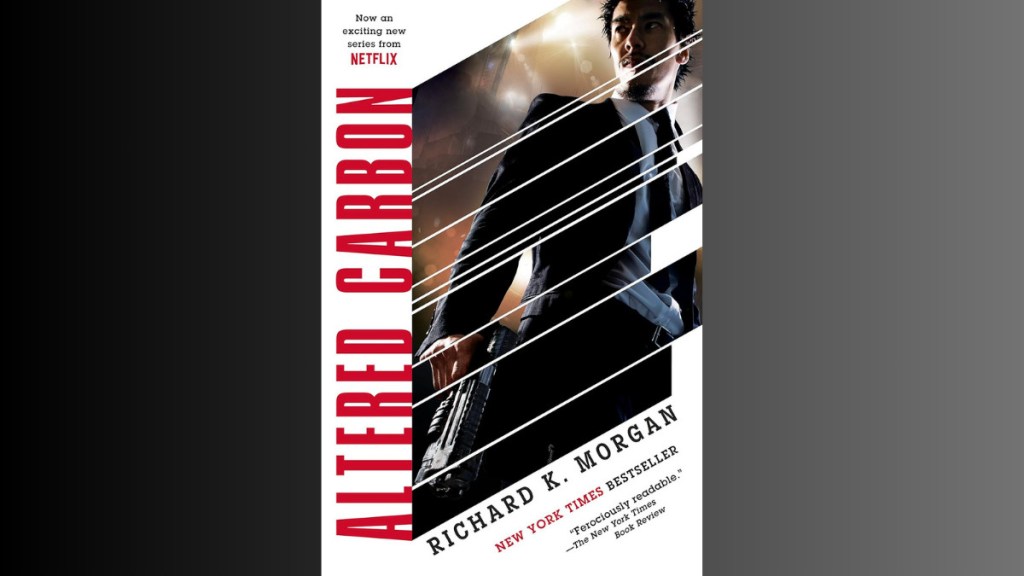
The cyberpunk genre loves to explore the darker aspects of technological progress, and Altered Carbon by Richard K. Morgan is one of the best examples of this. Takeshi Kovacs, a soldier-turned-criminal sentenced to spend eternity as a disembodied, digitized consciousness, gets the deal of a lifetime when the copy of an influential business magnate hires him to solve his template’s murder.
Altered Carbon is a gritty, cynical neo-noir reflected through a pristine, condensed cyberpunk prism. Korvacs shares quite a few traits with Red Rising’s Darrow; their minds occupy a body that isn’t theirs anymore, and a deep sense of justice drives them to challenge tyrants and upend a calcified status quo. If you ever wanted to see what would happen if Red Rising met Cyberpunk 2077, this book is for you.
6. Cinder by Marissa Meyer
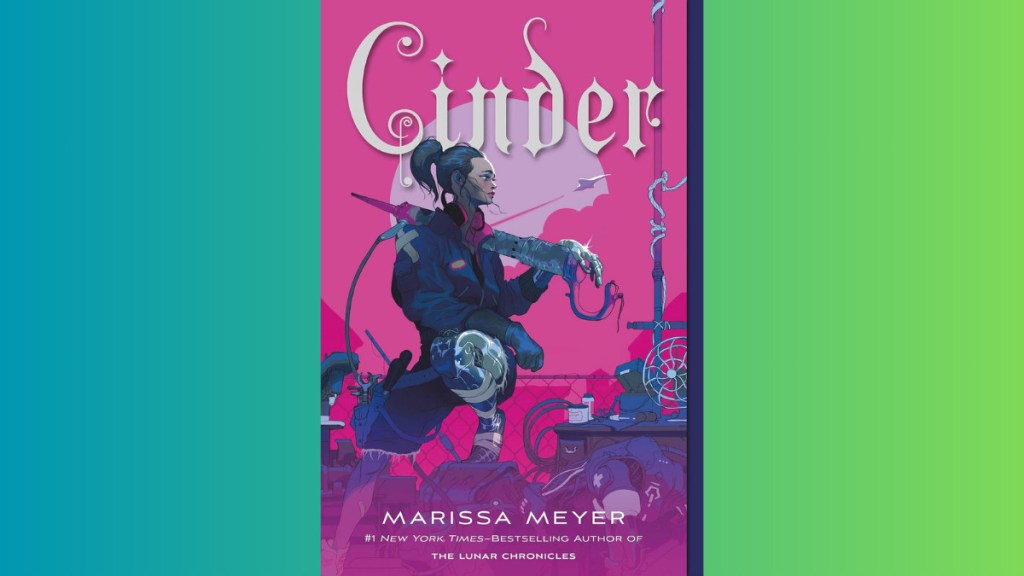
I adore subversive, genre-jumping retelling of classic fairy tales, and few are more twisted than Cinder by Marrissa Meyer. A cyberpunk reimagining of Cinderella, Cinder’s incarnation of the titular put-upon step-daughter is a cyborg mechanic who winds up caught in a vicious power struggle between the rulers of a post-apocalyptic Earth and the civilization that’s cropped up on the Moon.
Cinder does what all the best fairy tale rearrangements do: takes everything that made the original story great and translates it into a new setting. At its core, Cinder is a story about an abused girl rising, overcoming her trauma, and discovering her self-worth. It’s also a top-shelf piece of sci-fi fiction that tackles space travel, class conflict, and forbidden romance.
5. Steelheart by Brandon Sanderson
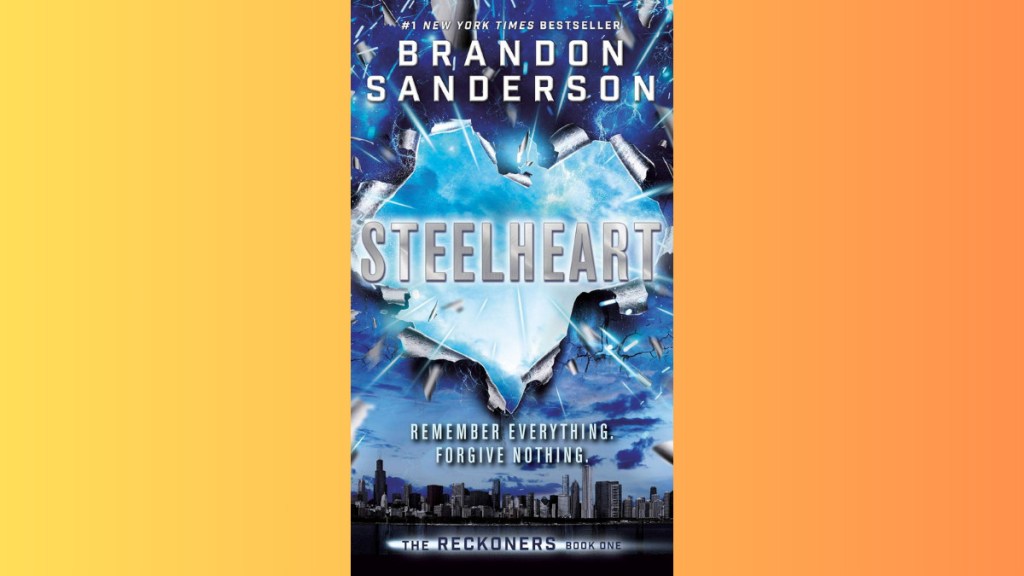
Brandon Sanderson is best known for his massive, interconnected fantasy universe, but Steelheart proves he can also write good sci-fi. After a mysterious celestial object clipped through Earth’s orbit and turned a small percent into superpowered “Epics,” the world has become a feudalist nightmare ruled by those claiming to be superheroes. When the Epic Steelheart murders his father, David Charleston joins a secret resistant movement hellbent on killing Epics.
The world-building of Steelheart isn’t as deep as it is in Sanderson’s other work, but he more than makes up for it by delivering an electrifying deconstruction of the superhero genre. We’ve all seen (or at least heard) of The Boys; we all know how terrifying superheroes can be when they decide they don’t have to answer to the people they fly over. Sanderson uses his incredible literary gifts to explore this idea further than most, and he also lets us feel how satisfying it would be to bring a self-proclaimed god to their knees.
4. The Expanse by James S. A. Corey

Many sci-fi stories have examined the socioeconomic divide that will probably form between the people of Earth and those who end up living on other planets. Leviathan Wakes by James S. A. Corey takes this simple idea and elevates it to epic space opera proportions. The destruction of the ice-hauling ship Canterbury brings the deeply splintered galaxy to the brink of war, and those who survived the ship’s downfall have no choice but to pull together and find out what really happened.
Leviathan Wakes leans harder into hard sci-fi than any other book on this list, examining what an intergalactic human society running off slower-than-light space travel could look like and the problems that might plague it. If the top-notch sci-fi world-building doesn’t play you, the intense plot, driven by some incredibly engaging characters, will.
3. The Maze Runner by James Dashner
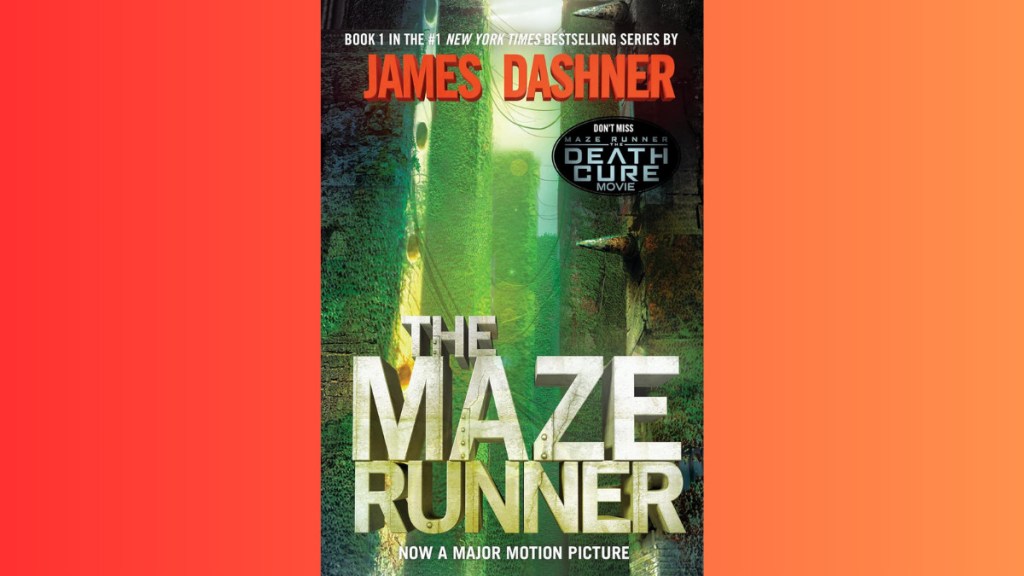
I don’t get nightmares very often, but the few I wrestle with almost always involve some terrifying creature I don’t have the luxury of seeing chasing me through a claustrophobic space. The Maze Runner by James Dashner taps into humanity’s collective, primordial fear of being hunted. Thomas wakes up in the heart of a massive labyrinth, unable to remember anything except his name. All he knows is that if he wants to get out, he’ll have to make it through the maze without becoming lunch for the monsters inside it.
The Maze Runner’s premise is about as engaging as it gets, with a plot that starts as a slow burn before exploding into a breakneck race. Like Red Rising’s Darrow, The Maze Runner’s Thomas runs a brutal gauntlet that forces him to become the revolutionary destined to free his people from the walls that bind them. With a new film on the way, now’s the perfect time to learn why this series became one of the most successful products of the late-2000s YA boom.
2. Illuminae by Amie Kaufman and Jay Kristoff
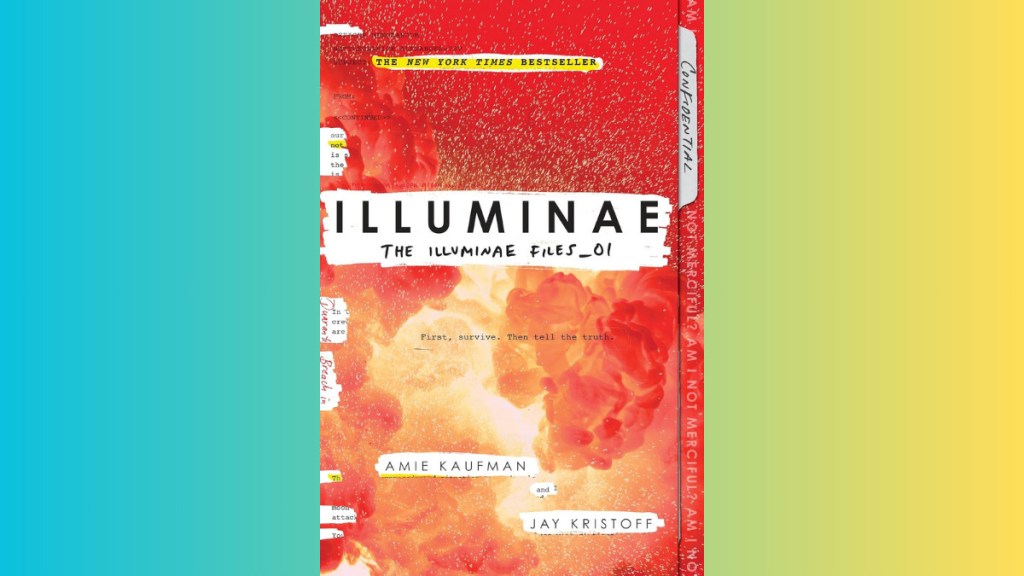
Yet another proud member of the “corporatocratic space travel sucks” party, Illuminae by Amie Kaufman and Jay Kristoff narrows its narrative focus around the story of two people caught in a conflict they never asked to be part of. When a war between two megacorporations levels their colony, Kady Grant and Ezra Mason hitch a ride on one of the last escape vessels. Unfortunately, that vessel has a few minor issues: a plague is spreading through its halls, its managing A.I. might be insane, and one of the aggressing corporations’ warships is hot on its tail.
Illuminae’s isn’t written like most other space operas. Instead, we learn Kady and Ezra’s story through interviews, emails, transcripts, and documents presented at a trial. I initially had a hard time understanding the book’s unconventional style. Still, my desire to see the end of the electrifying tale it told gave me more than enough motivation to push through my initial frustration.
1. Hunger Games by Suzanne Collins
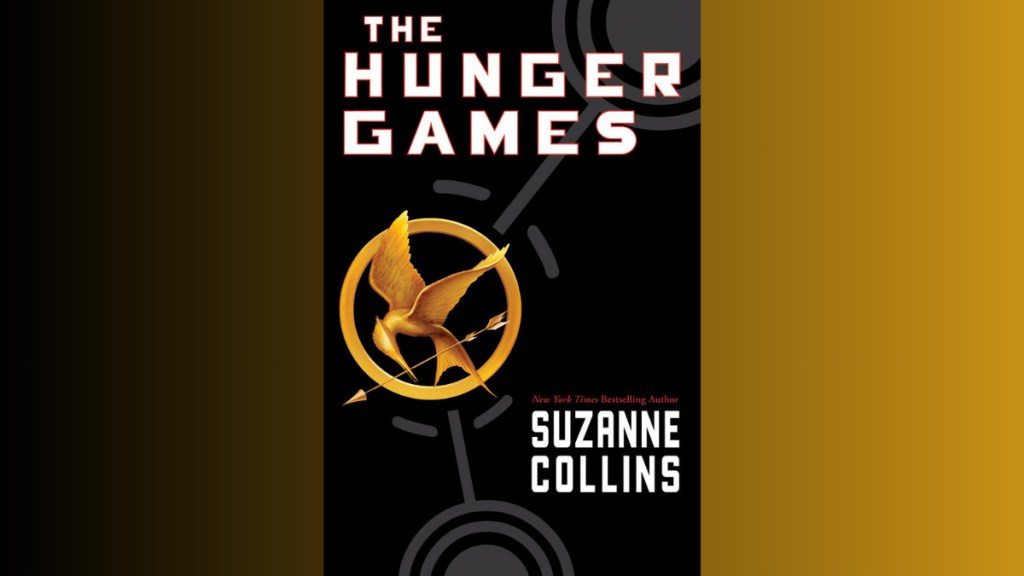
Literature inspires literature, and that’s okay. Red Rising shares much in common with The Hunger Games by Suzzane Collins, but that doesn’t mean the two books are carbon copies. If anything, their similarities prove that the struggle between social classes is engaging and relevant, especially if you throw fun sci-fi elements into the mix.
With that said, it’s hard to deny how well The Hunger Games’ plot and themes align with those of Red Rising. Katniss Everdeen’s struggle against the Capital might induce deva-vu in those familiar with Darren’s blood feud with the Golds, and both book’s villainous regimes love to partake in genetic manipulation. If you’re looking for something to scratch that Red Rising itch, you will find it in the pages of The Hunger Games.
